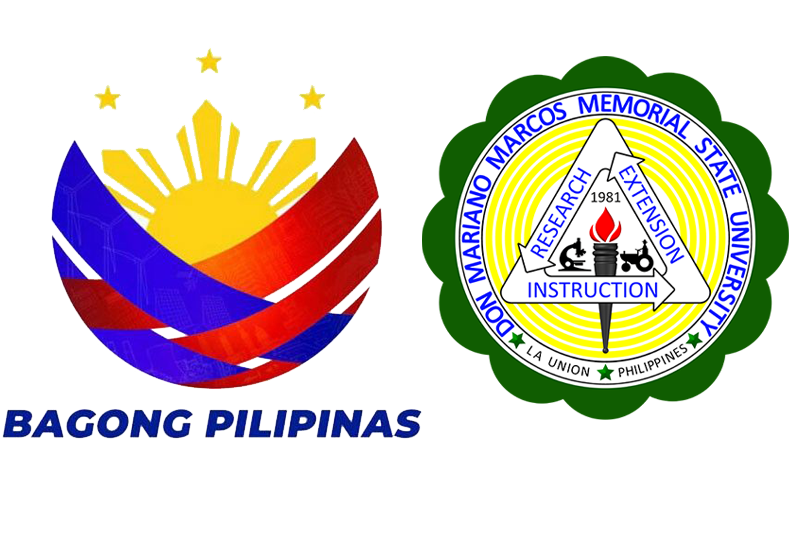DMMMSU spearheaded the Training on Project and Inquiry-based (A New Pedagogical Approach) at the International Convention Center, DMMMSU-NLUC, on August 22-23. This is the University’s second hosting of Balik Scientist Program Seminar to strengthen ties between the academia and the industry.
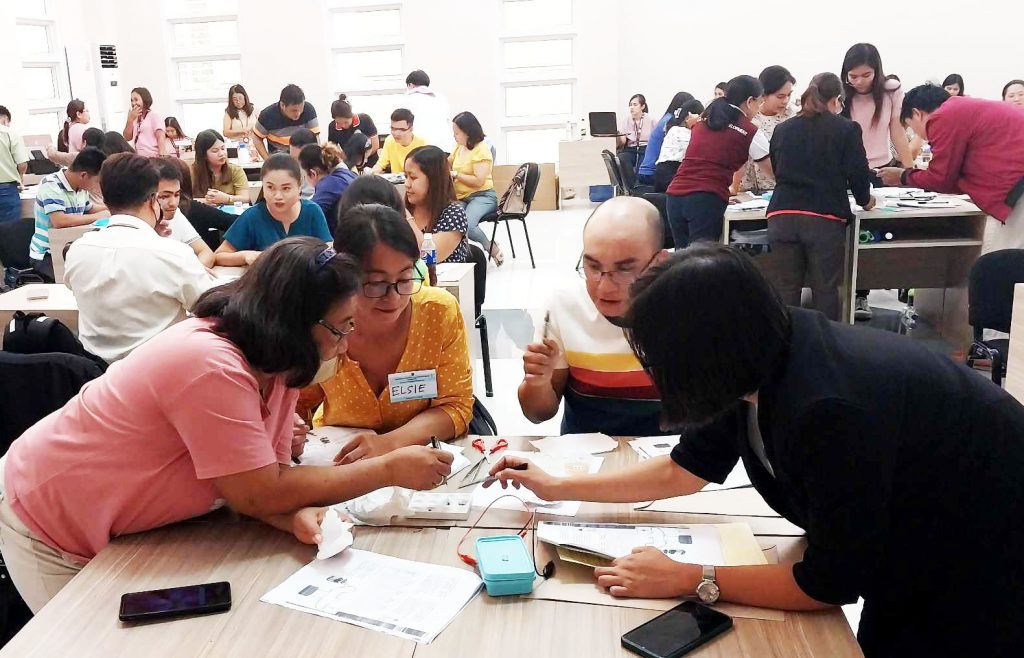
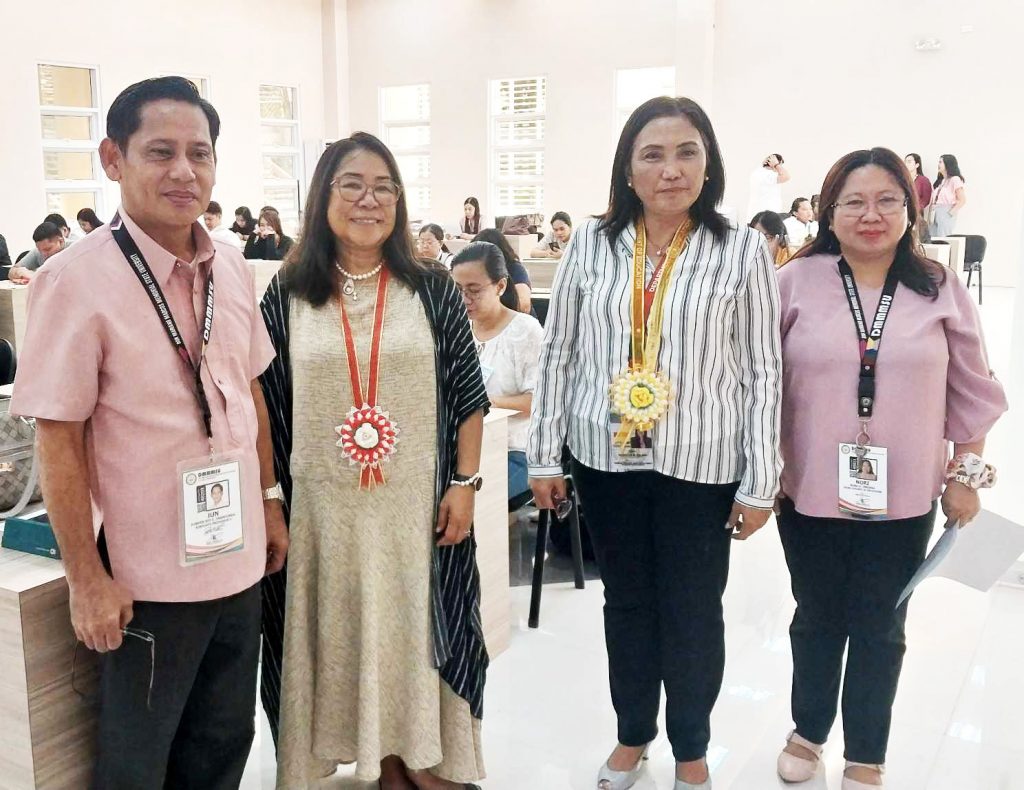
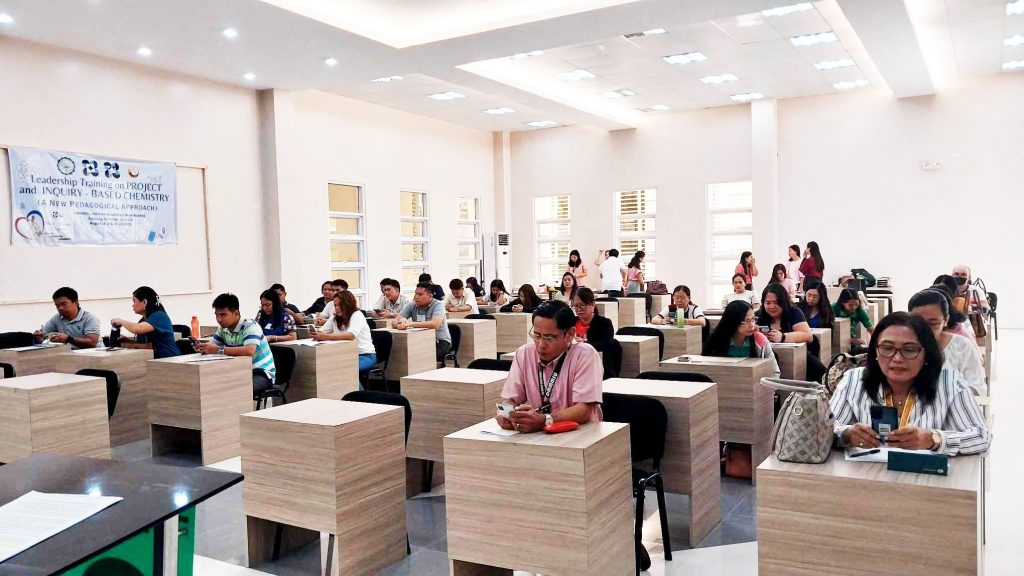
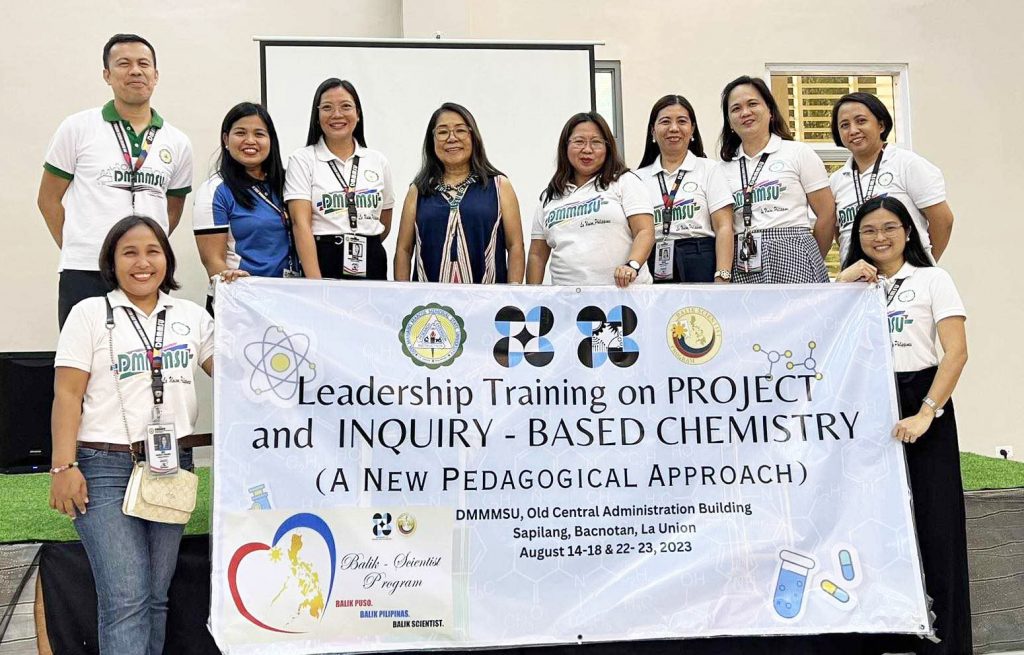
Under the mentorship of Dr. Myrna H. Estrada, a notable participant in the DOST’s Balik Scientist Program, trainers from the Philippine Science High School – Ilocos Region Campus and faculty from DMMMSU Campuses (NLUC, MLUC, SLUC) benefited from her coaching.
Also, other resource speakers were invited to share their expertise. They include Mr. Jan Kenneth Laguardia, who discussed Periodicity and Trends: Organizing a Store; Mr. Charles Padaca who talked on Elements and their Properties; Ms. Cleofe Torio who discussed Atomic Theory and Atomic Mass; Ms. Monaliza Callueng who talked on Parts of the Atom: Electron and Nucleus; Franz Jeramienne Lacangan who delivered a lecture on Ionization Energy and Orbital; Ms. Rowena Badua and Ms. Carla Guiner who discussed Noble Gases as the Key to Chemical Behavior; and Ms. Merlyn Manalang who talked on Octet Rule and Bonding.
The said event was attended by sixty DepEd Science teachers. Dr. Nora Oredina, the lead facilitator of the training, guided the participants through this innovative teaching paradigm. DepEd officials namely Dr. Perpetua M. Eslava, Education Supervisor in charge in Mathematics; Dr. Rominel Sobremonte, Education Supervisor in Science; and Dr. German E. Flora, Chief Education Supervisor of the Curriculum Implementation Division were also present during the event.
The training sessions delved deep into Project and Inquiry-Based Chemistry principles. Participants were engaged in active learning, critical thinking, and hands-on experimentation.
The participants recognized the potential of this pedagogical approach to invigorate their classrooms. Many expressed excitement about implementing these new strategies to ignite a passion for chemistry and inspire the next generation of scientists. (By Rochelle M. Verganio)
